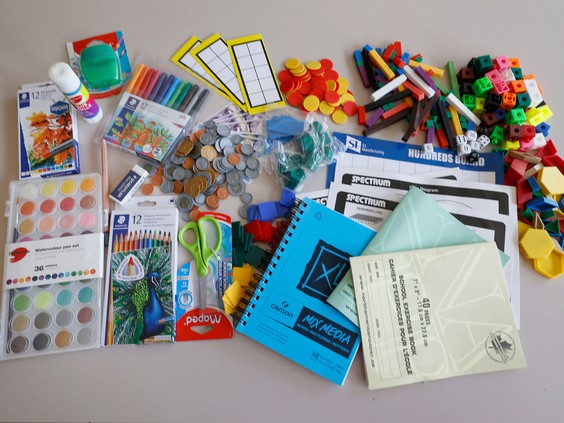
In the first year of the pandemic, the Ottawa-Carleton District School Board had 12,000 student registered in virtual school from kindergarten to Grade 8, and another 5,000 in high school. Last year, the grade categories changed. There were 2,300 registered in kindergarten to Grade 6 and 2,200 in Grade 7 through 12. This year, There are about 700 registered in kindergarten to Grade 6, and 800 in Grade 7 to Grade 12.
Whether these numbers remain stable is a big question, said superintendent Shawn Lehman. “We don’t know. Some of this pertains to COVID. Some parents felt it was much more beneficial and productive.”
He also can’t say if virtual schools will be a permanent fixture at the board. School boards have to apply every year to the province to keep the virtual schools open, and no one knows if the province will extend approvals next year.
Beyhan Farhadi, a teacher and researcher at the Institute for Research in Digital Literacies at York University, has other concerns.
“On an individual level, you’ll be able to find students who are experiencing disappointment and harm in the public education system. But the system should respond to that harm. You want to get to the root cause of it,” she said.
Neuroscience is grappling with questions of how paying attention in an online environment is different from learning in-person. Farhadi also has reservations about how to determine the quality of a student’s work when a teacher can’t conduct in-person proctoring to ensure that the student is handing in their own work. Some homes are also just not appropriate as a full-day learning environment.
“The context of online learning matters a lot,” said Farhadi.
Read the full article on the Ottawa Citizen website.
